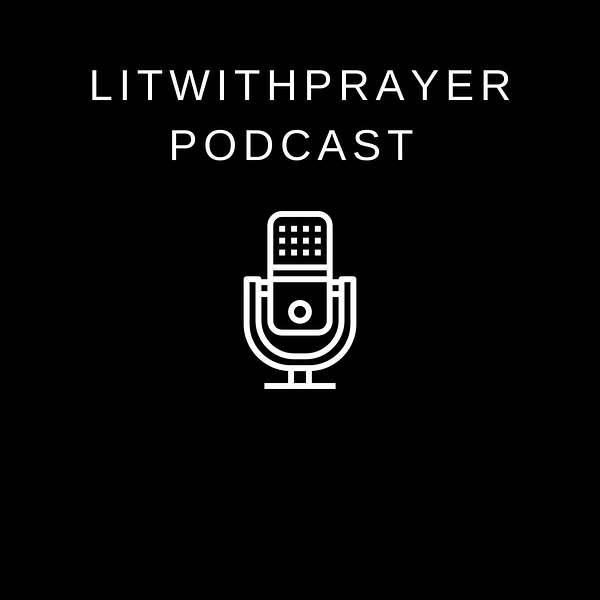
Litwithprayer Podcast
Litwithprayer Podcast
Rightly Dividing the Word: II Timothy 2:14-18
The Apostle Paul wrote most of the New Testament in letters to the various churches such as the churches in Ephesus, Corinth, and Thessalonica. Although Paul was not one of the twelve disciples, he met Jesus on the road to Damascus. Before he met Jesus, his name was Saul, Saul of Tarsus. As Saul, he was a highly educated Jew in the law, the scriptures, and was also a Roman citizen. Saul was a religious leader who knew the scriptures, kept the law, and thought that followers of Christ were the enemy of God. He was responsible for hunting down Christians and having them killed. After he had an encounter with the risen Jesus, he was converted, became a Christian and was renamed Paul. Paul dedicated the rest of his life to spreading the gospel, planting new churches throughout the region, and wrote letters to the churches when he was in prison.
Because new Christians were coming out of paganism and idol worship Paul explained God’s saving grace versus the law (10 commandments & the other 600 laws) and gave instructions to the churches. Although some of Paul’s instructions and teachings were directed at the culture of his day some Christians today disagree on the true meaning of his teachings as it applies to our day and cultural norms. The Bible tells us to study the Word and become a good student rightly or correctly understanding the meaning of His Word. There are many passages that cause controversy among Christians, but are not major issues that would make a difference in one's salvation or going to heaven. Many times scriptural controversies distract us with the main message of God’s love, our need for salvation, His saving grace, and our faith walk. Arguing with one another on scriptural teachings can be divisive, cause guilt, be judgmental, legalistic, and take our focus off what is most important.
We will take one example and discuss whether men and women should wear hats or head coverings when praying or prophesying according to I Corinthians 11. Some people say men should not wear hats or caps in church because it is disrespectful to God. However, Jewish men wear Yamakas on their heads and it is very respectful. Some say long hair is the covering on the head and not a hat or fabric. Men should not have a head covering and do so by wearing their hair short, but women need to have long hair because they need to have their heads covered. Some say women should wear head coverings, hats, veils, in church but only certain religions and denominations practice this custom. Does wearing something on top of your head as a man or a woman make a difference to God? Will He hear your prayer only if you have your head uncovered as a man but covered as a woman? Will God hear your prayer only if you are a man with short hair but if you have long hair no? What about all the women with short hair? Will God not hear their prayers?
The point is when reading scripture, we must also take into account the context of the message. What were the customs of that day and how did those customs relate to what the scripture was addressing. When we don’t fully understand and know the answer, we can go to God and ask Him to reveal the meaning and give us understanding. When it comes to hats or no hats, short or long hair, a woman or man praying or prophesying, what is the Holy Spirit telling you? If you feel convicted that you should pray without a hat, then follow your conscience. Should your convictions be the same as someone else’s? If God is telling you that you should have short hair, should you make others feel bad if they have long hair? How short is short and when does hair become long?
read the rest at: https://litwithprayer.substack.com/p/rightly-dividing-the-word?sd=pf